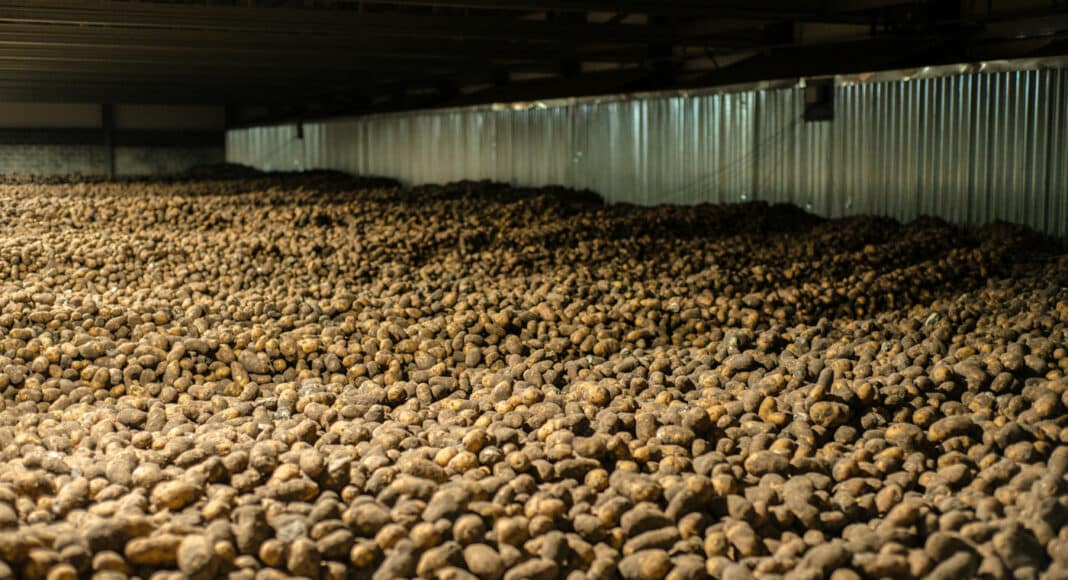Oregon State University (OSU) researchers have received $2 million in funding from the United States Department of Agriculture to develop improved ways to prevent sprouting in stored potatoes, particularly for the organic sector, a Nov. 15 news release said.
“The organic potato industry cannot depend on traditional chemical anti-sprouting treatments since synthetic chemicals are banned in certified organic,” Valtcho Jeliazkov, an associate professor in OSU’s Department of Crop and Soil Science, said in the release.
The release noted that Oregon, Washington and Idaho grow more than 60 per cent of U.S. organic potatoes. As the organic market grows lost money from spoilage and reduced storage life will become even more significant, said Jeliazkov. Sprouting diminishes marketable qualities such as appearance, taste and texture, and decreased storage life causing financial setbacks, he added.
Historically, chemical treatments have been applied to mitigate sprouting, predominantly chlorpropham, or CIPC. CIPC is cost effective but has come under scrutiny as a potential health and environmental hazard, leading to its recent ban in the European Union, the release noted. Natural products have been used to combat sprouting in organic potato storage. But current alternatives lack the efficiency of CIPC and thus require frequent applications making them more expensive, Jeliazkov said.
Jeliazkov’s lab has already studied around 200 different plant essential oils for their anti-sprouting effects.
“We aim to find strategies to control the gradual release of these oils, thus prolonging the inhibitory effects on sprouting,” Kyriakos Stylianou, assistant professor of chemistry in the OSU College of Science, said in the release. “The polymers will be shaped as hollow beads capable of retaining essential oils and prepared as microemulsions in Adam Alani’s College of Pharmacy lab. Our team will experimentally optimize several conditions to tune the size of these beads, and we will spray lots of potatoes and investigate the impact on sprouting.”
Robyn Tanguay, university distinguished professor of environmental and molecular toxicology in the College of Agricultural Sciences, and associate professor Lisa Truong will lead toxicity experiments to determine the safety of the potato treatments, the release noted. Neal Stewart of the University of Tennessee will direct the work of examining potato tuber chemistry and hormonal balance after the treatments are applied.
Related Articles
North American Potato Research Bulletin: PAA Meeting Highlights
Spud Smart’s 10 Most Innovative Products for 2023 — Crop Inputs











